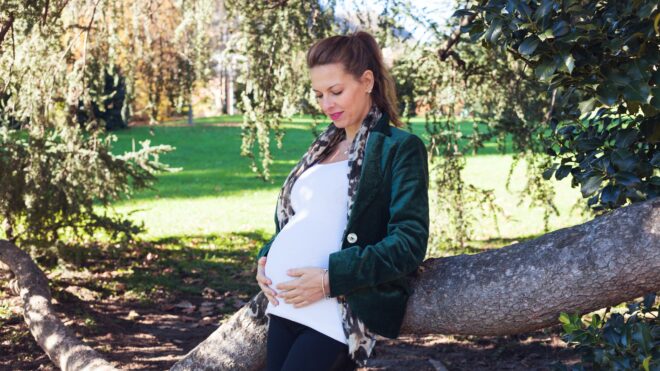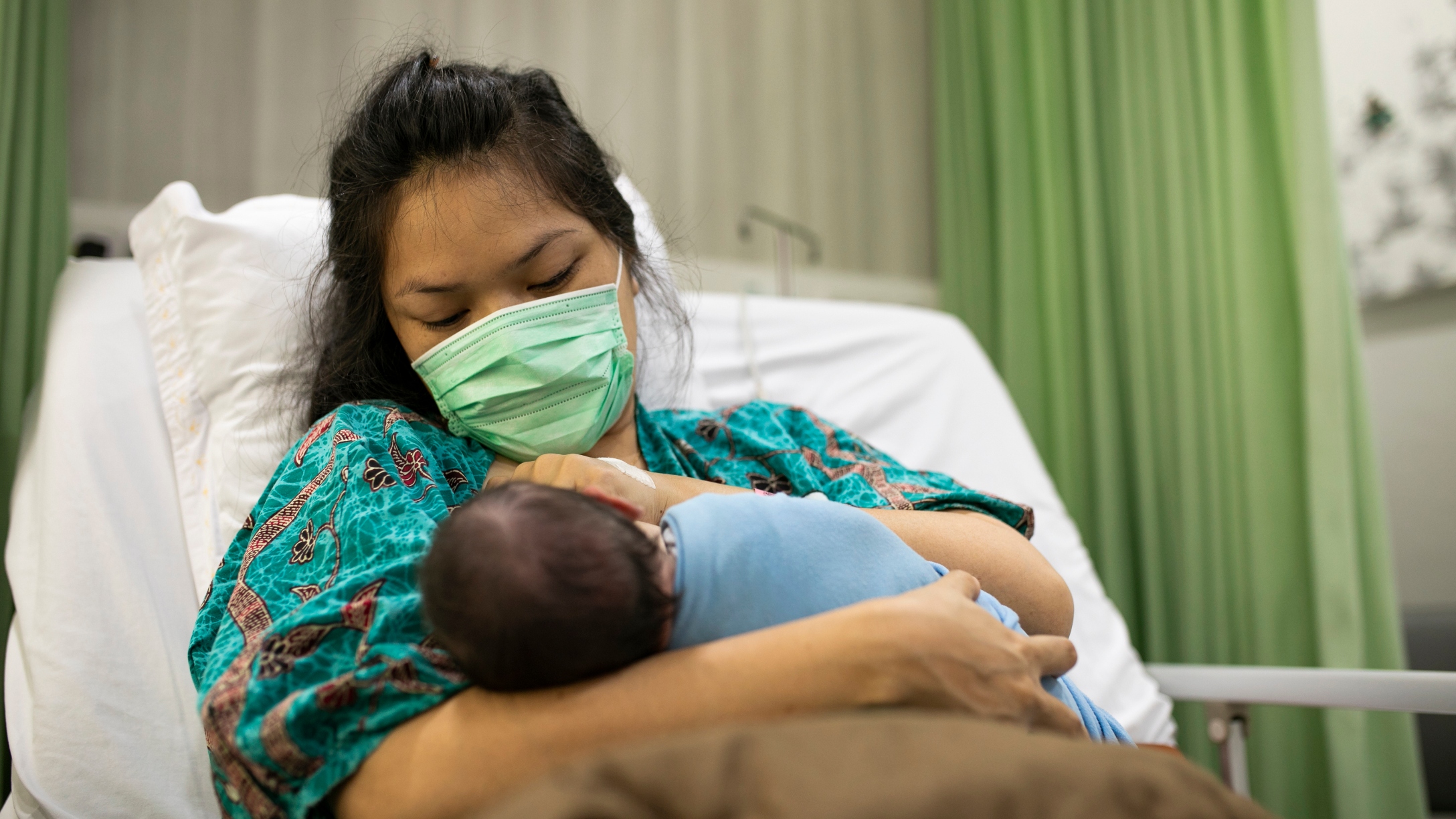
An expectant mom has a lot on her mind as she navigates pregnancy. There are many milestones to enjoy, signs and symptoms to watch out for, and new moments to take in.
Every mom comes into pregnancy with a different amount of knowledge as far as what to expect. Reading about other experiences, even from the pros, doesn't compare to what's happening in your body in real time.
With so much going on and so many things to consider, it's easier than you think to be caught off-guard. That's how Jasmine Mago felt 11 years ago, when she discovered what preeclampsia was after being diagnosed and quickly told she'd have to deliver her baby at 28 weeks pregnant.
Today, Jasmine shares her experience with LittleThings to raise awareness of the illness and the latest advancements around it. A test to rule out preeclampsia in expectant moms is soon to roll out, changing the way women are confronted with the condition.
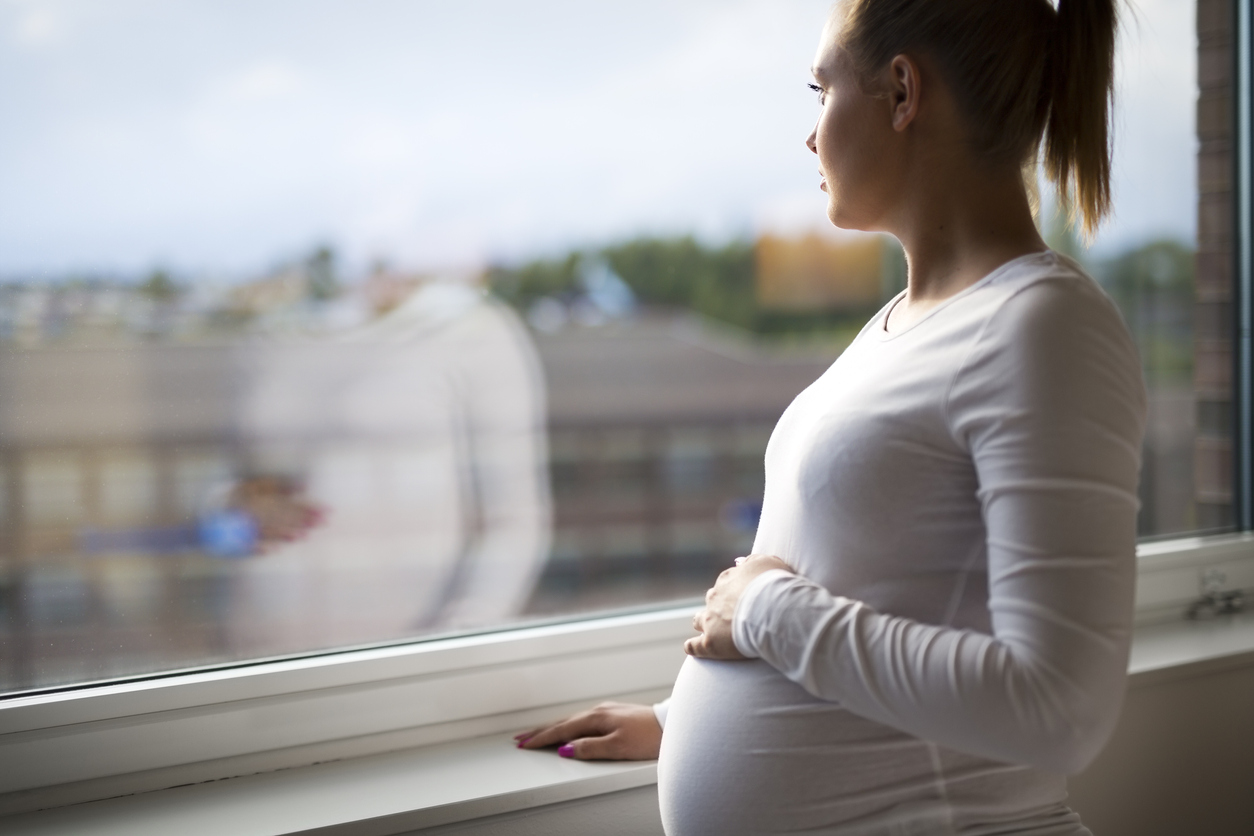
Jasmine Mago, a mom-to-be in Chicago, had never heard of preeclampsia before she found herself diagnosed with the condition. She's far from alone. Many women know little about preeclampsia or the associated dangers.
A new survey conducted by Progenity reveals that while 54% of women know what fruit size their baby is at 12 weeks pregnant, only 48% know hypertension, the main sign of preeclampsia, is a symptom of the condition.

Jasmine first talked to her doctors about symptoms she would later discover were related to preeclampsia at her 26-week appointment.
"I could tell something wasn't right," Jasmine told LittleThings. She explained to her doctor that she was experiencing significant weight gain, swelling, and headache.
"My doctor put me on a low-calorie and low-sodium diet and told me to just monitor my symptoms, but my instinct told me it was something more."

Jasmine continued sharing her concerns with her OB-GYN and was told not to worry. "From what I recall, my OB-GYN at the time had told me that these were normal, pregnant woman symptoms experienced especially during the summer months. It was a very hot summer, so I took the OB-GYN's word for it," she shared.
Just two weeks later, things would take a dramatic turn for Jasmine.
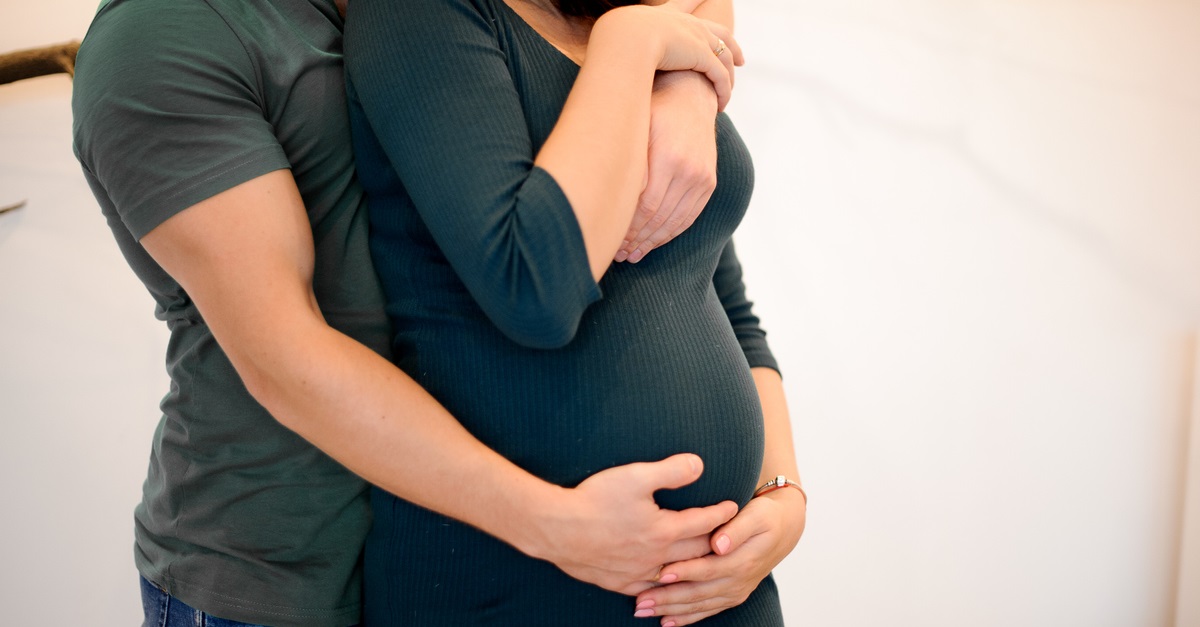
"It was very scary. I had just had my baby shower and was having the most amazing, healthy pregnancy a girl could ask for," Jasmine recalled.
"Suddenly I'm told that I need to deliver my baby at 28 weeks or it could be a fatal situation for both my baby and I. I was at my local hospital, which had a Level 1 NICU, but in order for me to deliver my baby so early I would have to be at a hospital with a Level 3 NICU, which has more sophisticated technology needed to monitor micro preemies.
"I was given magnesium sulfate to prevent seizures, which is a symptom of preeclampsia, and then a steroid treatment for my son's lungs. Next thing you know, we were airlifted by a helicopter and on our way to a Level 3 NICU about 60 miles away."
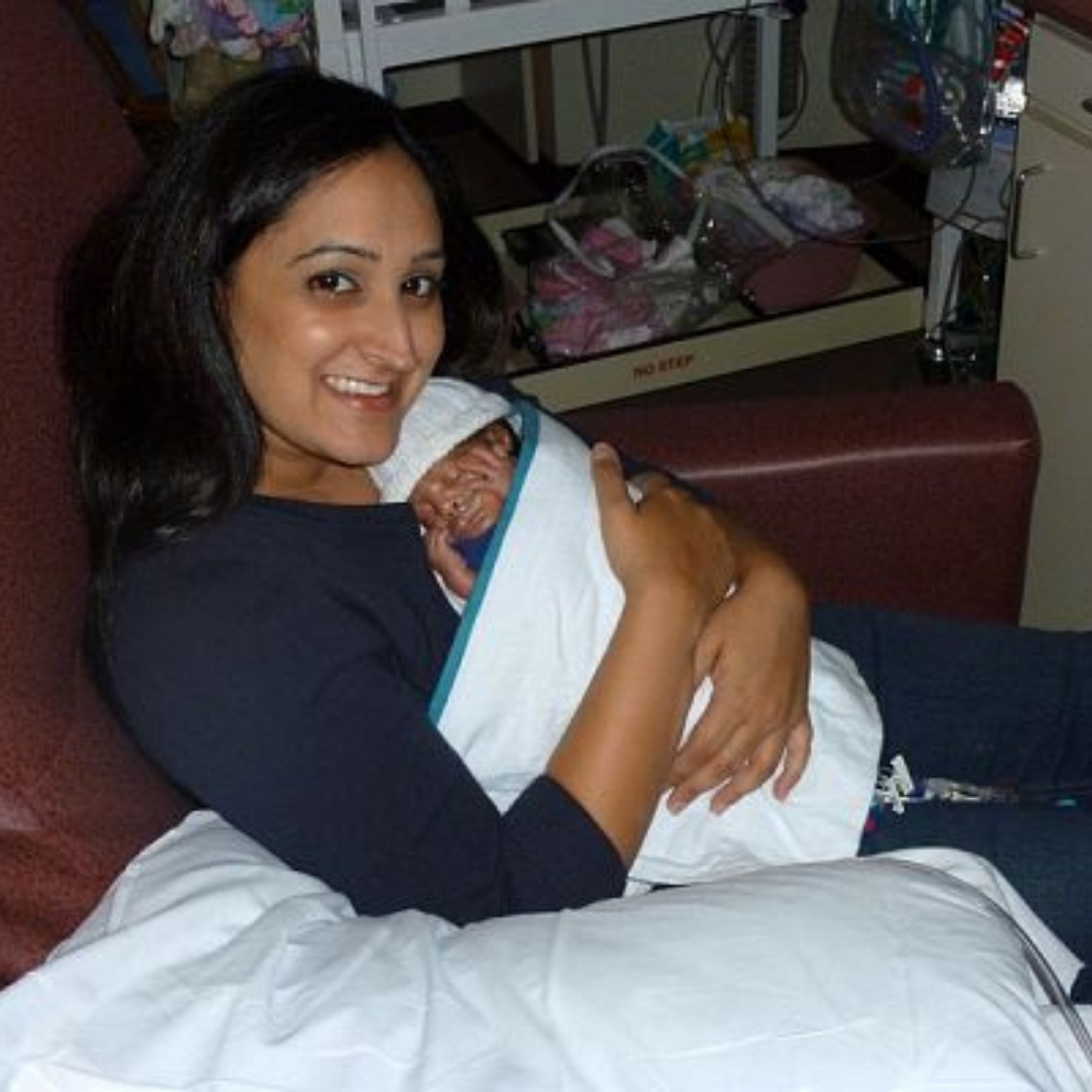
The situation wasn't just scary for Jasmine but her family as well. "It was very stressful. My husband was my voice and my strength as I was very disoriented after starting on magnesium sulfate, which made it difficult for me to process information related to my situation," she shared.
"My mom, mother-in-law, and close family were all with me at the hospital praying nonstop for the safety of me and my son. The only thing I remember from son's birth is my husband coming over to me to tell me that our baby was breathing."
Preeclampsia is often characterized by sudden onset of high blood pressure and protein in an expectant mom's urine. The risk is greatest between the 20th week of pregnancy and up to six weeks after giving birth. Recognizing signs and symptoms are important in getting an early diagnosis, as delay can result in serious health problems for both mom and baby.
Pregnant moms should look out for swelling in their face or hands, headaches that don't go away, and nausea and vomiting after the first trimester. Talk to your doctor if you have any concerns, as it's always better safe than sorry.
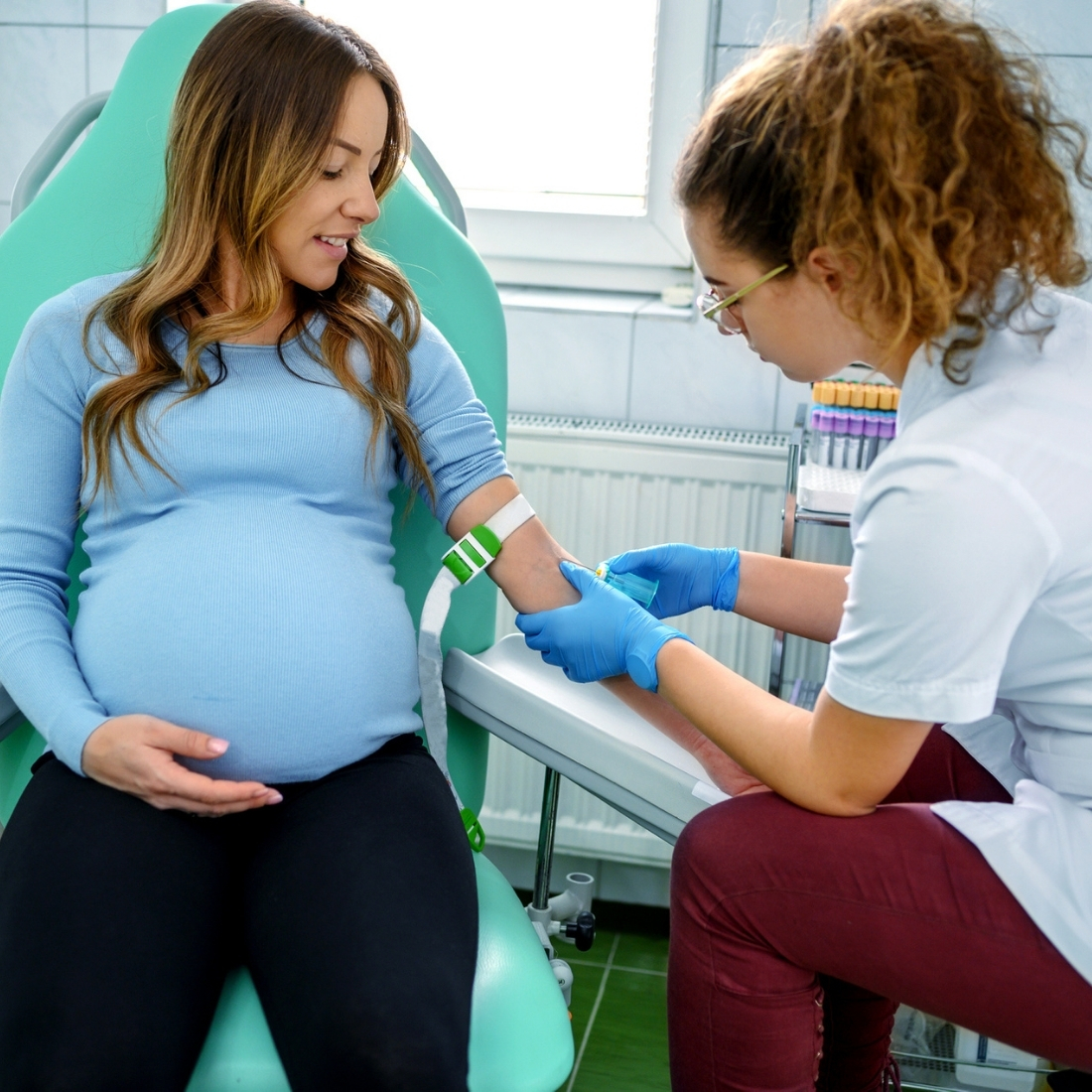
Soon, it may be easier for pregnant moms to determine if they have preeclampsia. Progenity has developed a simple blood test to help physicians differentiate symptomatic patients who are at reduced risk for preeclampsia from those who are at risk. The simple blood test, called Preecludia, in late-stage development and would rule out preeclampsia for up to 14 days.
"We are pleased to play a role in educating both physicians and patients about how to best discuss the signs and symptoms of preeclampsia. We feel this is part of our responsibility as an innovator in the area of preeclampsia diagnostics," said Harry Stylli, PhD, CEO, chairman of the board, and cofounder of Progenity.
"The Preecludia test would be the first of its kind in the United States and is designed to help improve the assessment and management of preeclampsia. We look forward to continuing our commitment to preeclampsia education as we move toward our targeted launch later this year."
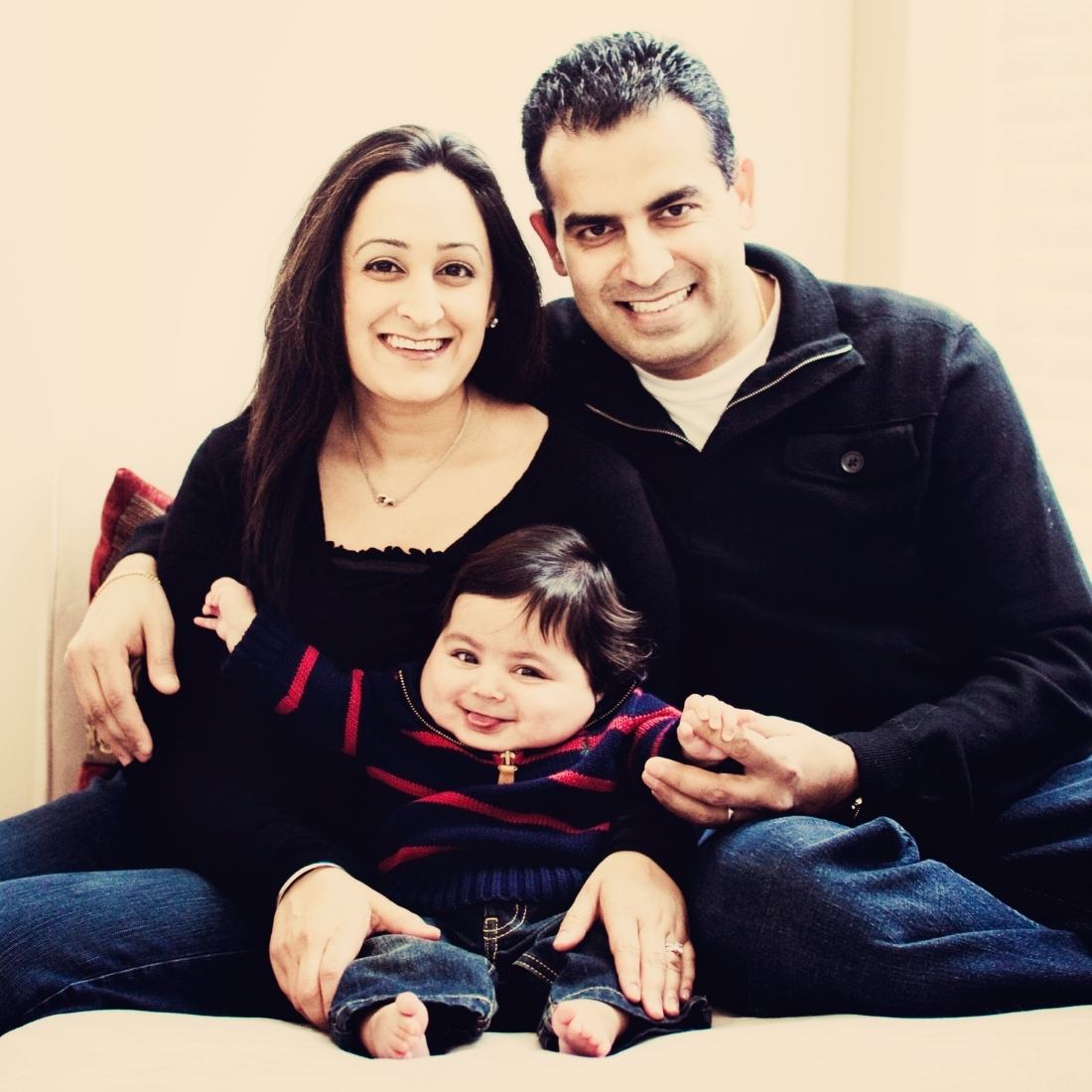
It's been 11 years since Jasmine welcomed her son, Kabir. Her experience with preeclampsia is something she still thinks about often and hopes to help bring to other women's attention through sharing her story.
"For me, recovery has been a long, ongoing process that has taken a lot of time, patience, and basically everything I have. Even though I experienced preeclampsia with my son nearly 11 years ago, there is not a day that goes by that I don't think about what happened," she shared.
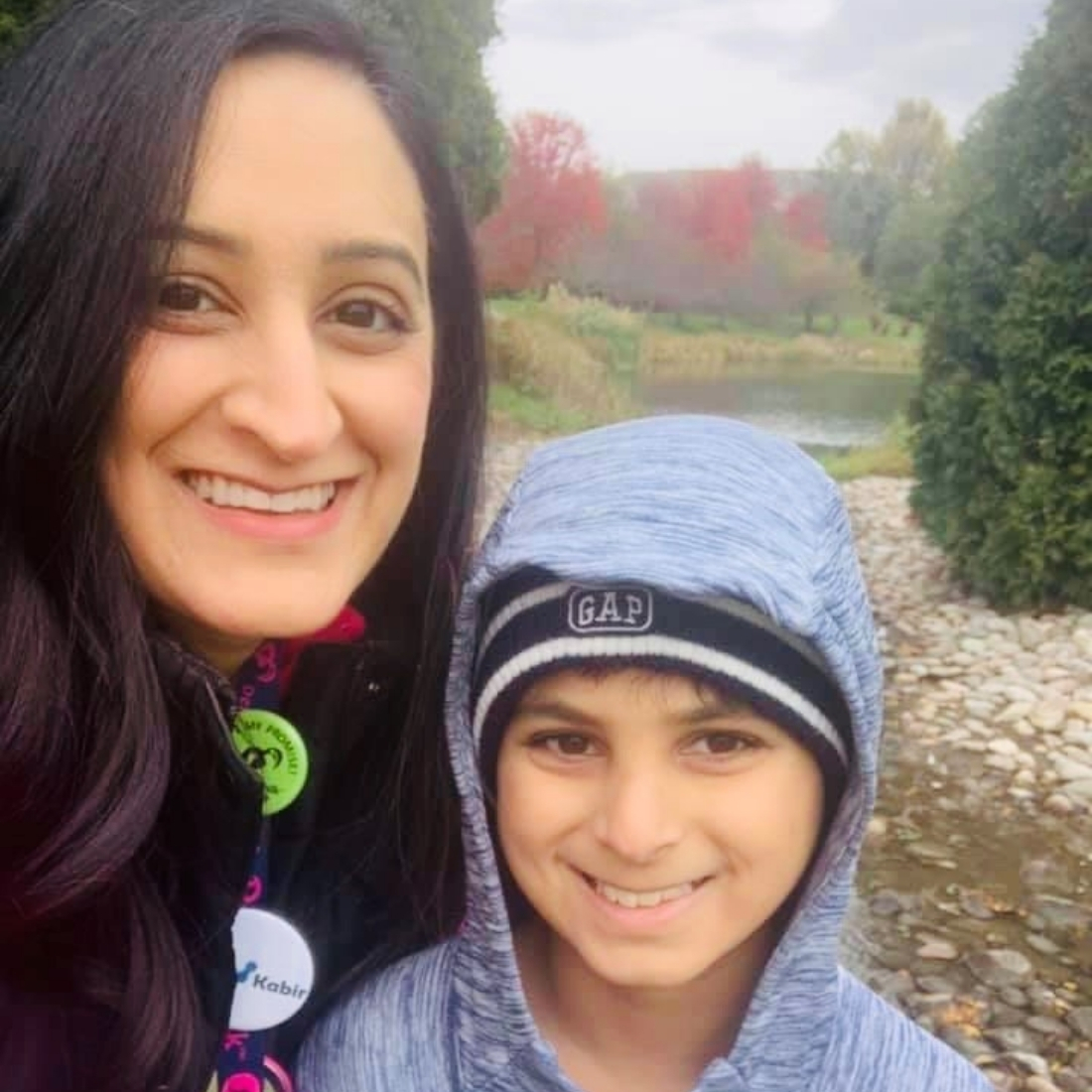
"It took me a lot of time to process what had happened. I found comfort in joining the Preeclampsia Foundation through which I met other survivors, who I proudly call my PE sisters," Jasmine continued.
"These sisters helped me to realize that having preeclampsia was not my fault, and that I was not alone. They too remembered the sounds of the NICU, and held their babies for the first time covered with cords as I did."

Jasmine hopes other new moms won't go through the self-blame she struggled with in the aftermath.
"What I would want others to know about what I've experienced is that it was not my fault. It was not something that was in my control," she shared.
"The positive is that I wasn't alone. I was always surrounded by family, by amazing doctors and nurses, who comforted me and supported me mentally and physically when I needed it the most."
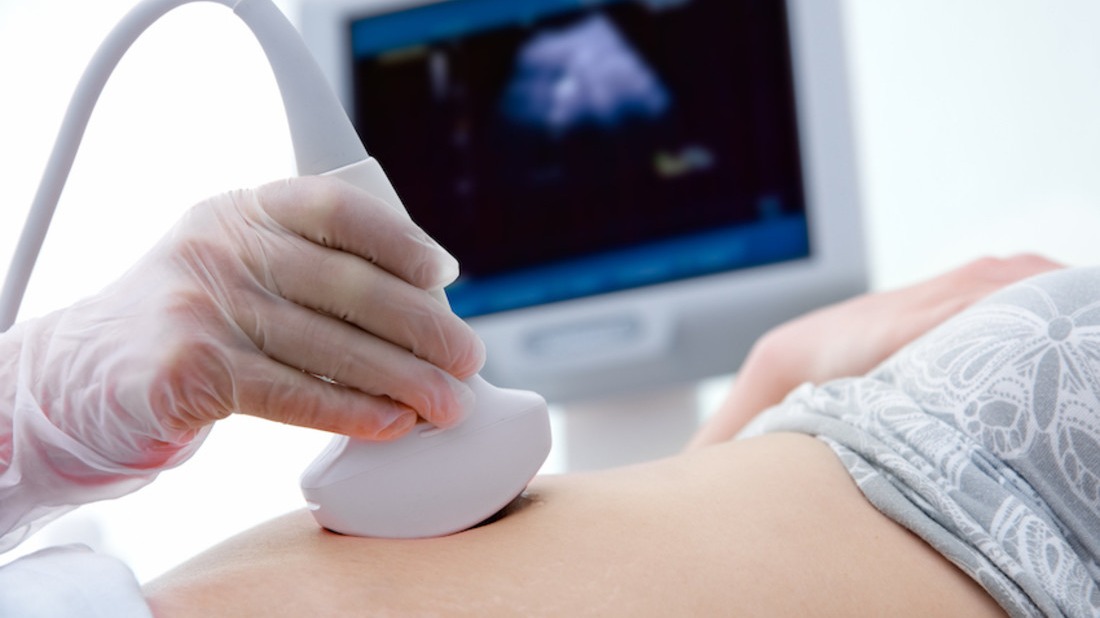
Jasmine has some advice for moms-to-be who may be nervous about navigating health concerns during pregnancy.
"Be your own advocate … for yourself and for your baby," she urged.
"If you feel like something is wrong, and you are not being heard, say something. Say it again and again and again until someone hears you."


